Researchers design a photo-electrochemical reactor to produce affordable “green” hydrogen.
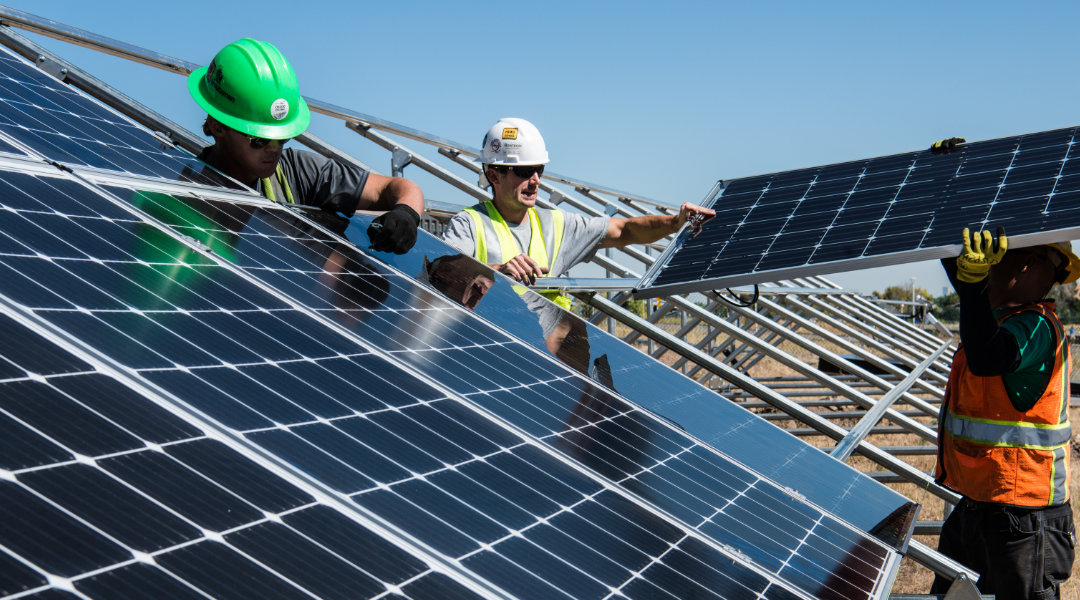

Researchers design a photo-electrochemical reactor to produce affordable “green” hydrogen.

Both Roman law and Law of the Sea provide precedents for sharing natural resources, and the emerging trend of benefit‐sharing offers multiple and varied possibilities as well.
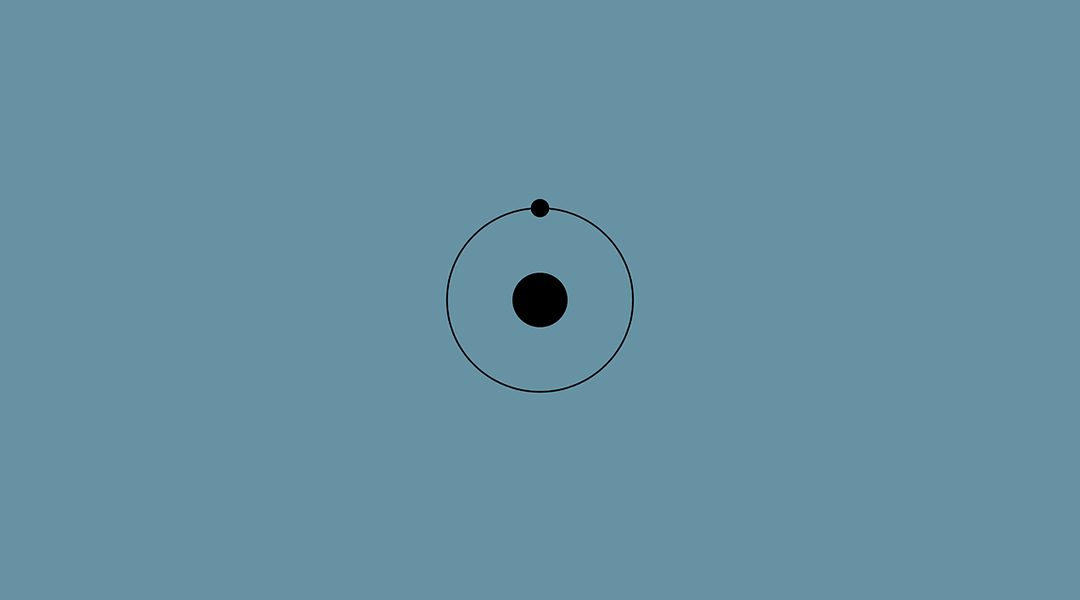
Hydrogen is a promising sustainable energy source, and exciting steps are being made towards realizing a hydrogen-powered, zero emissions infrastructure.
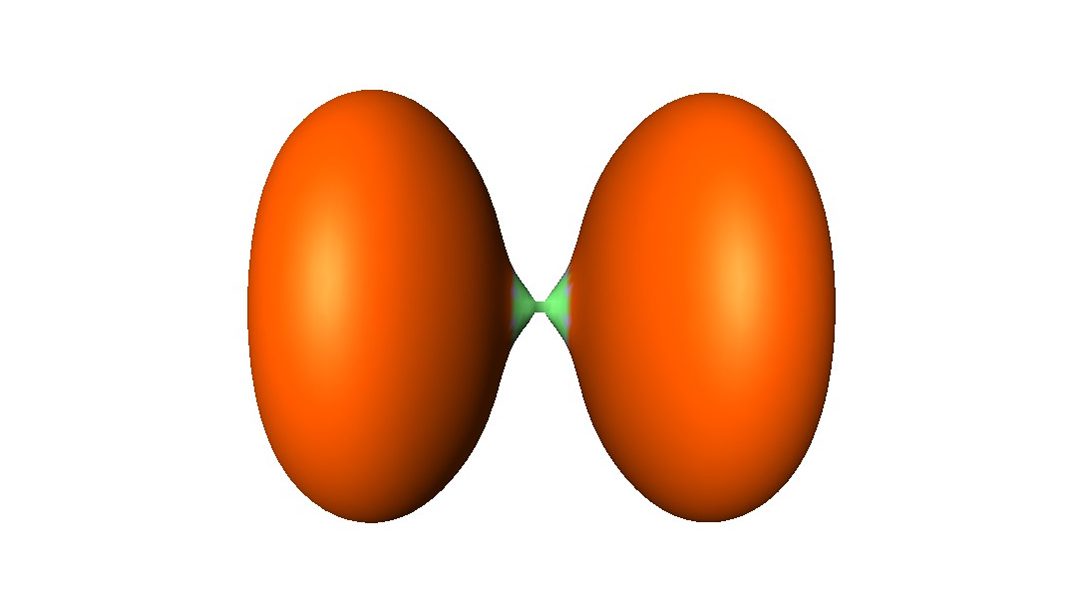
A newly discovered class of fundamental bonding interactions is changing our understanding of chemistry.
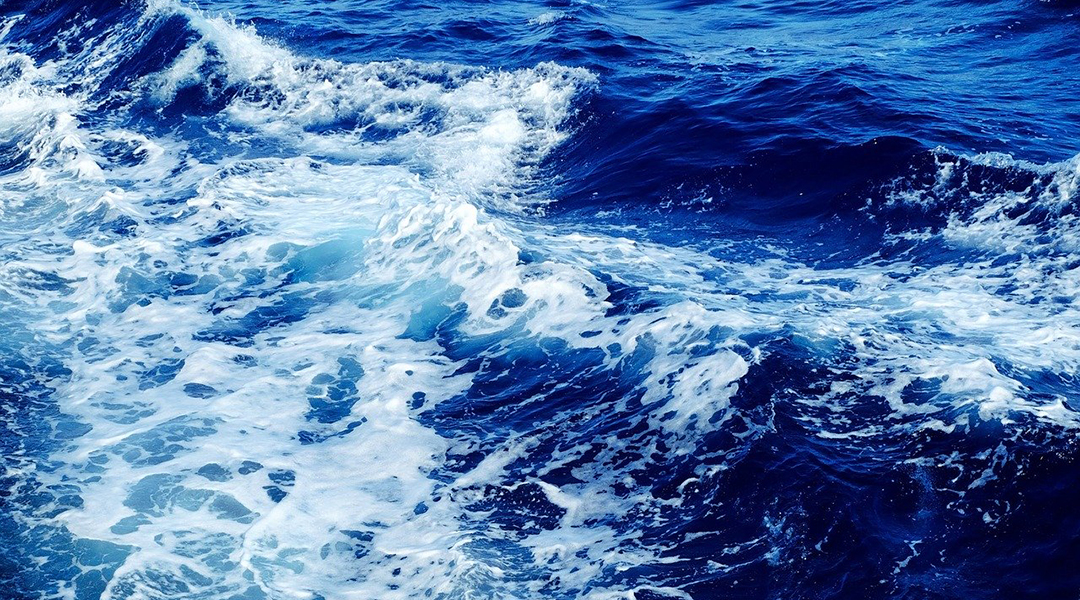
Researchers explore an alternative, green supercapacitor concept that relies on seawater and carbon fibers derived from waste cotton.

Developing a battery-free electronic sensor to monitor the forest.
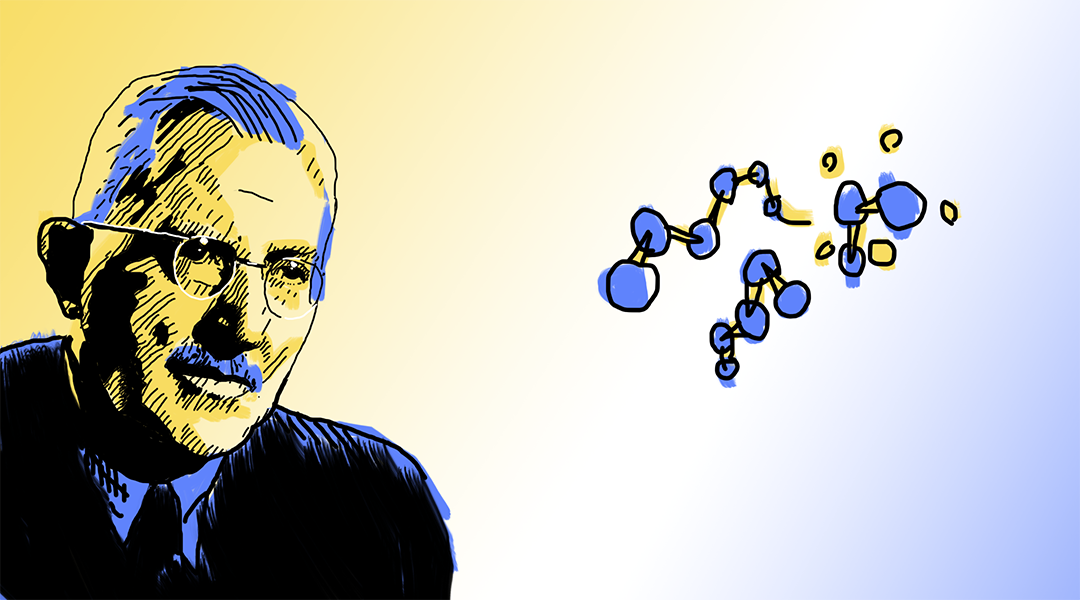
A century on from his groundbreaking paper on polymerization, Advanced Science News takes a look at the life and work of Nobel Laureate, Hermann Staudinger.

Scientists create a lightweight wood with incorporated magnetic nanoparticles for electromagnetic interference shielding.

A new way of making large sheets of graphene could lead to ultra-lightweight, flexible solar cells, and to new classes of light-emitting devices and other thin-film electronics
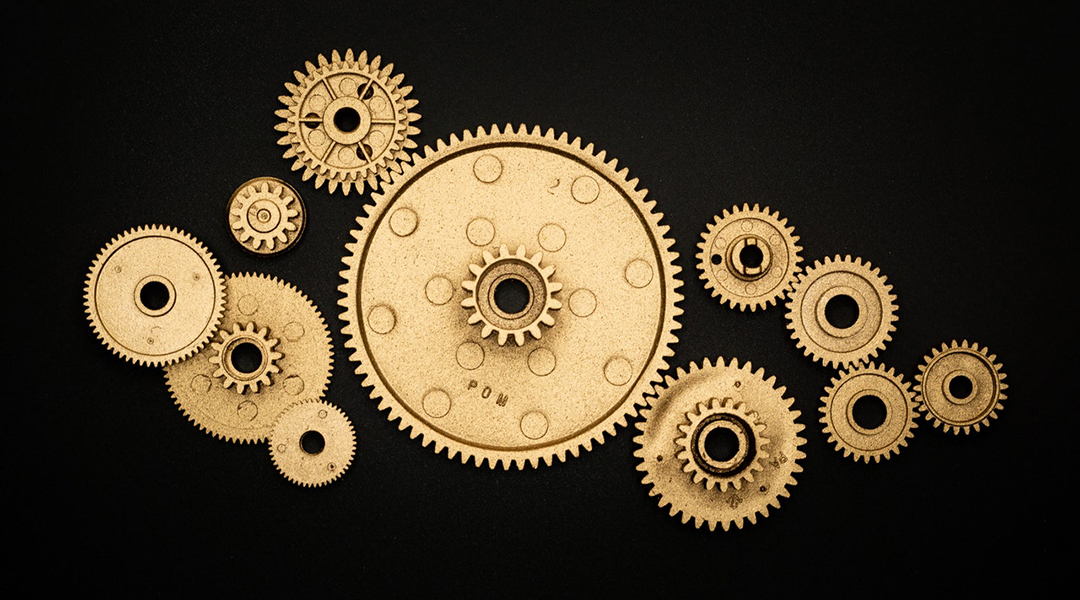
If your engine has more than 16 atoms, you’re just wasting space.